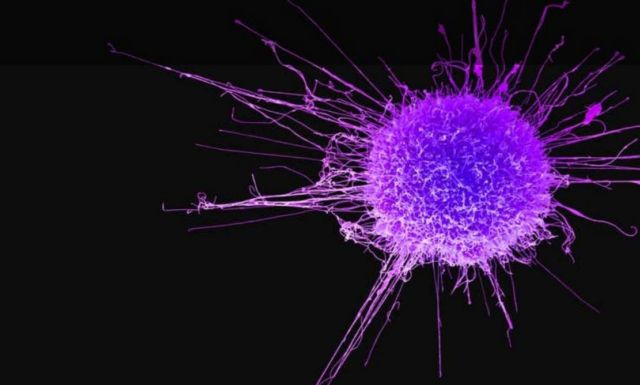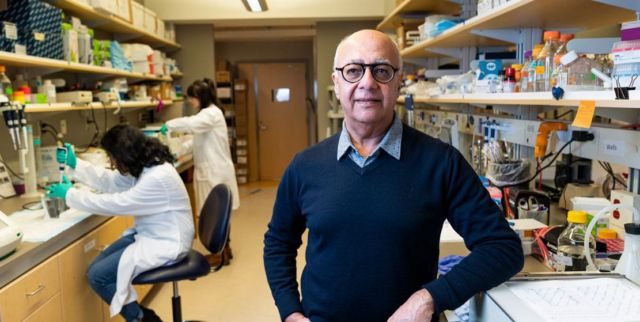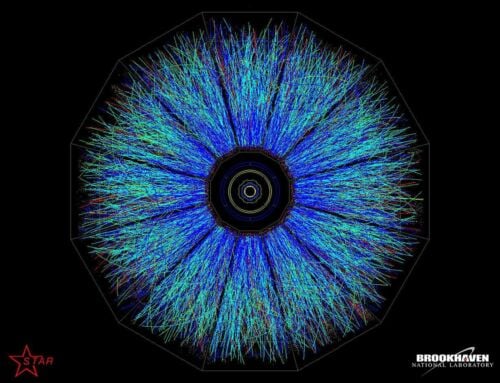Researchers discover the ‘Achilles heel’ of cancer tumours, paving the way for new treatment strategies.
Scientists at UBC’s faculty of medicine and BC Cancer Research Institute have uncovered a weakness in a key enzyme that solid tumour cancer cells rely on to adapt and survive when oxygen levels are low.
Solid tumours rely on blood supply to deliver oxygen and nutrients to help them grow. As the tumours advance, these blood vessels are unable to provide oxygen and nutrients to every part of the tumour, which results in areas of low oxygen. Over time, this low-oxygen environment leads to a buildup of acid inside the tumour cells.
To overcome this stress, the cells adapt by unleashing enzymes that neutralize the acidic conditions of their environment, allowing the cells to not only survive, but ultimately become a more aggressive form of tumour capable of spreading to other organs. One of these enzymes is called Carbonic Anhydrase IX (CAIX).
“Cancer cells depend on the CAIX enzyme to survive, which ultimately makes it their ‘Achilles heel.’ By inhibiting its activity, we can effectively stop the cells from growing,” explains the study’s senior author Dr. Shoukat Dedhar, professor in UBC faculty of medicine’s department of biochemistry and molecular biology and distinguished scientist at BC Cancer.
The findings, published in Science Advances, will help researchers develop new treatment strategies to limit the progression of solid cancer tumours, which represent the majority of tumour types that arise in the body.
source University of British Columbia







Leave A Comment